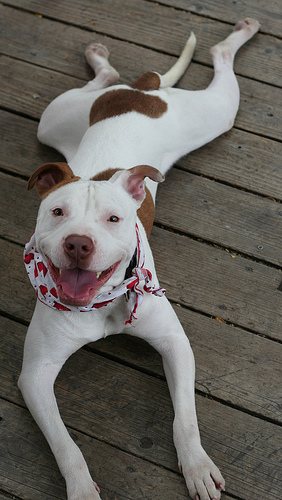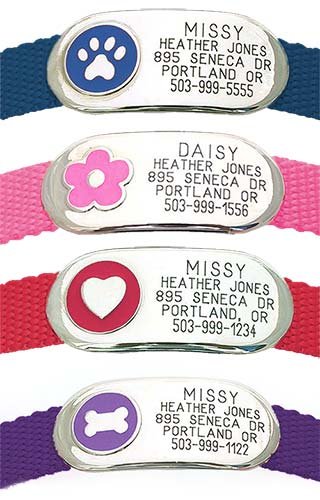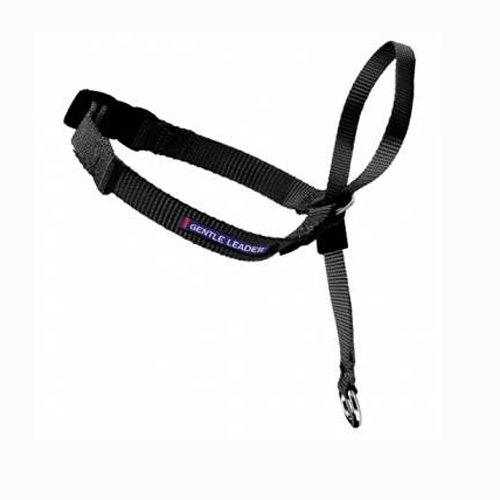Dog training actually begins before you have the dog. When selecting a puppy, there are several considerations to keep in mind. First, you must decide why you want a dog. That is different than deciding why you want a puppy. Puppies are cute and cuddly and masters at capturing your heart. But puppies turn into dogs-little dogs, big dogs, hairy dogs, hairless dogs, high maintenance dogs, attention seeking dogs, independent dogs, lap dogs, herding dogs, roving dogs, digging dogs... In other words, you need to consider your final desires for a companion versus the breed's natural characteristics. You also need to consider what you are able to commit to as far as dog training in youth and dog training throughout life. Do some soul searching and research to determine what you really want up front and what the requirements for dog training will be. Will you be doing the training or will you hire it done? If hiring a dog trainer, have you determined if there is a qualified dog trainer in your area? Do not begin an earnest search for a puppy until you have decided on your dog. That doesn't mean don't look, just don't decide. Resist the urge to give in to impulse.
One of the best places to do research is to talk with a vet and with a reputable breeder about dog characteristics and what to look for in the breed. Keeping in mind that the puppy becomes a dog, also talk with a dog trainer who can tell you the quirks of the breed when it comes to dog training. If you have accessibility to dog show judges, they can be invaluable. Always buy from a reputable breeder. You will find that the few dollars more up front may very well eliminate greater expenses or heartache later.
Do you want a male or a female. Remember, males mark their spots in the yard frequently and tend to take longer to dog train. Males tend to be larger than the females and they mature more slowly. Dog training can take a little longer with males. Some of the male dog's natural tendencies are to be dominant and more aggressive; and to run off seeking a female. Neutering can reduce this. Also consider other dogs in the home. Same sex dogs in the home may work out fine...but it may result in one trying to dominate the other. You could inadvertently cause the latter years of a faithful home companion to become miserable by bring in another pet...or you could be giving it more vitality. Often an older dog can actually help with the dog training.
Females tend to be smaller. The female dog training is normally a bit easier. She does not mark her territory, but her urine can be a bit stronger and if she potties in the same area of the yard often, she can kill the grass. Females come into heat; some are rather messy which is not a good thing for a family house companion. Spaying can eliminate this issue if you are not planning to breed. There are products at the pet store to aid during this time if you plan to breed the dog.
Part of selecting a puppy is selecting the breeder. Do your research. Once you have at least one trusted breeder on your list, you need to focus on the individual puppies. Tell your breeder exactly what you are looking for in a pup. The breeder has lived with them for at least 8 weeks and has insight into the individual personalities. Watch how the breeder interacts with the puppies. Check on the puppy's health with the breeder. Ask for the vaccination records and any other treatments (i.e. worms). Also ask to see both parents if both are on site. Ask for names of owners of related dogs and contact them to ask about their dog's behavior patterns and health and ease in dog training. If this is a first litter, still contact people who have purchased from this breeder. Good breeders are already contributing to the dog's training during these early weeks. Notice how well trained the mother is.
There are also some tests that you can do while interacting with the puppies. Observe the litter for a bit. Watch for signs of the pack order. Which is the dominant or alpha dog? Which is low man of the pack? Without coaxing them to you, crouch to their level and watch for their reaction. Is the litter generally fearful, friendly and outgoing, curious? If they shy back and fearfully stay away, this may not be a good litter from which to make your selection. They may not socialize or train easily. It may take a bit, but the normal behavior for puppies is to be attentive to your presence and begin to approach you. Some may be more timid at first, but should show interest. Talk softly to them. Watch to see which ones focus on your voice and face and are obviously listening. (You know, that cute little "cock of the head" puppies do that pulls you in!) This willingness to listen and interact with people is a good sign that they will be more receptive to dog training and be more sociable.
Now remember, you first decided why you wanted the dog. Is it as a companion? If so you may want to select one of the pups in between the dominant dog and the most submissive.
A word of caution, unless you are excellent at dog training, you may not want the alpha dog. Alpha dogs may decide to train you and rule the house! They take a knowledgeable, patient dog trainer, but can make excellent dogs. There are some tasks for which you may wish to select an alpha dog, such as herding or guarding.
If you want a quiet, reserved dog that responds well to your voice commands quickly, is eager to please, is good with small children or the elderly, the ultimate lap puppy, you may want to select the more submissive pup. A rambunctious house is not for this dog.
When you think you have a candidate, do some testing. Take the puppy to a testing area where there are no other distractions. Back away from the pup and call her to you. Walk away from the pup. Does she follow? If she does not, this may indicate independence. Carefully, roll the pup over on its back and hold it there for 30 seconds to test the degree of submissiveness and willingness to be dominated by you and to be receptive to dog training.

 Dog Fear of Thunder and Loud Noises
My dog did not start out sca
Dog Fear of Thunder and Loud Noises
My dog did not start out sca
 10 Reasons To Foster A Dog
10 Reasons To Foster A Dog
If you抎 like to make a re
10 Reasons To Foster A Dog
10 Reasons To Foster A Dog
If you抎 like to make a re
 Name Tags for Dog Collars
For most people, our dogs ar
Name Tags for Dog Collars
For most people, our dogs ar
 The Benefits of Giving Your Dog Chew Toys and Treats
Credit: Peter Griffin
The Benefits of Giving Your Dog Chew Toys and Treats
Credit: Peter Griffin
 Hate to Walk Your Pulling Dog? Heres the Instantaneous Solution (Really!)
Credit: thatmutt.c
Hate to Walk Your Pulling Dog? Heres the Instantaneous Solution (Really!)
Credit: thatmutt.c